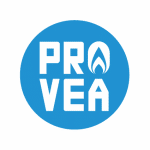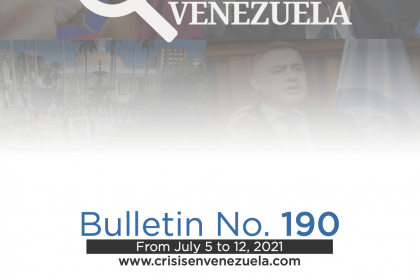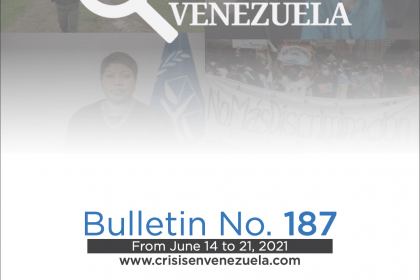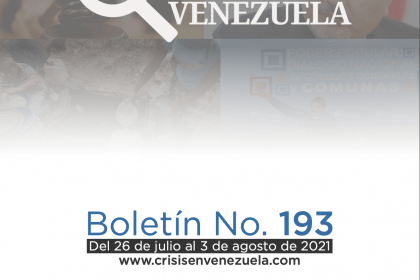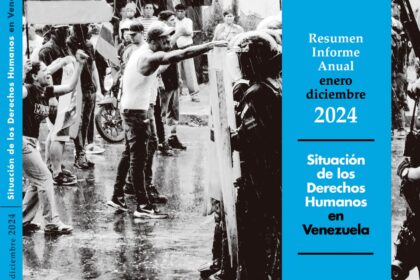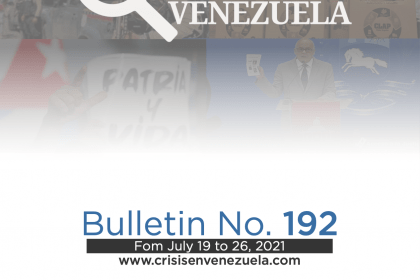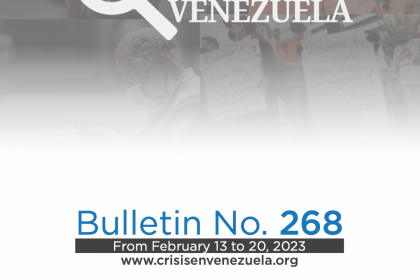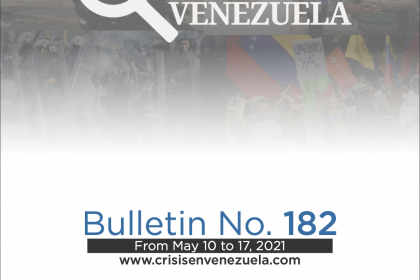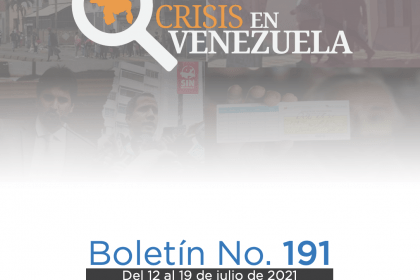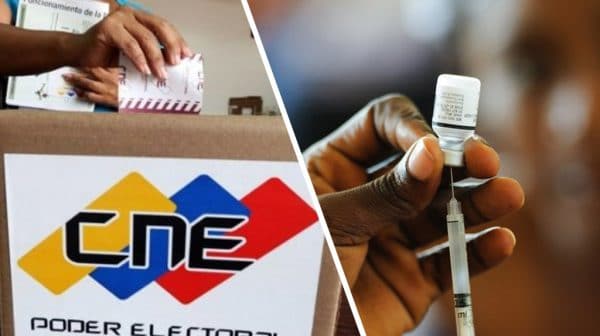
The National Electoral Council has summoned an electoral process for November 21st, day on which the Venezuelan people may vote for governors, regional representatives and councilpersons.
The changes initiated by the CNE could guarantee a more transparent electoral process and with this they could generate more confidence in voting. The elections, however, will be performed in the context of the COVID-19 pandemic. Even though there’s an electoral plan, there’s no vaccination plan.
One of the conditions that must be included for advancing towards the elections is vaccination, that for the month of November should reach the largest possible number of people and be performed without any discrimination or demanding the Patria ID, with well-defined criteria in regards to prioritizing people and with sufficient guidance and information. It would be seriously irresponsible to call upon a massive participation in the upcoming elections in a context of high risk of infection and with collapsedhealth centers.
In the context of the current crisis in Venezuela, human rights organizations maintain a continuous effort to record and document the systematic violations of civil, political, economic, social and cultural rights of the population in order to accompany the victims and give visibility to these violations before the national and international community.
In this sense, the Crisis in Venezuela bulletin emerges as a weekly space in which, as a human rights movement, we bring together the situations that currently reflect the humanitarian crisis that Venezuela is going through.
The Crisis in Venezuela newsletter ESPAÑOL | ENGLISH
